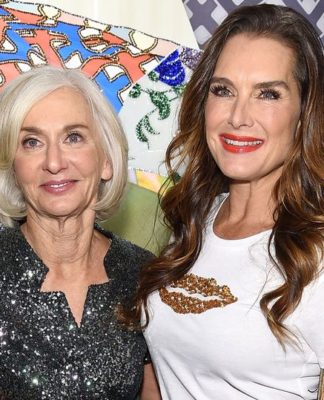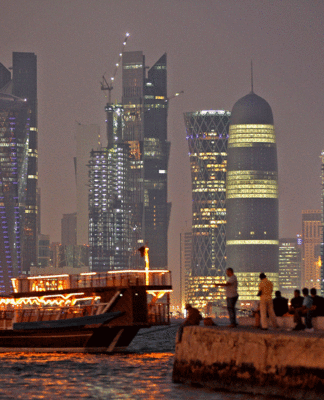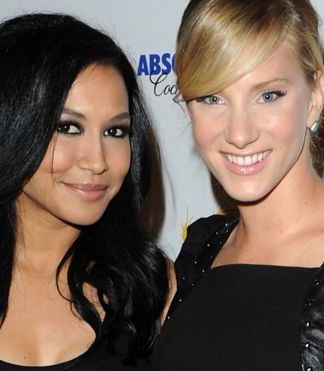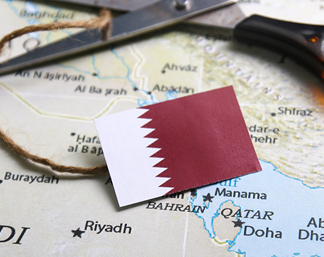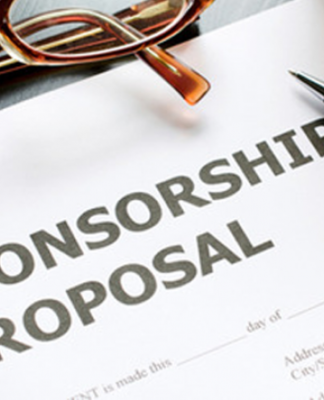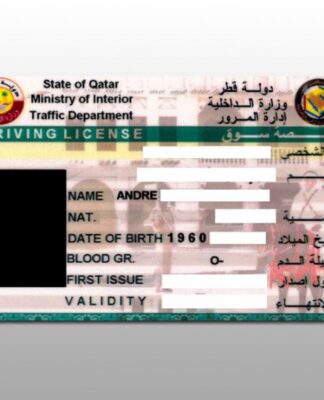POLITICSRUSSIAN FEDERATION
UN General Assembly readies vote on Ukraine peace resolution
5 hours ago5 hours ago
On the eve of the one-year anniversary of Russia’s invasion of Ukraine, UN member states will vote on a German motion calling for “lasting peace.” Though it’s non-binding, organizers hope for symbolically broad support.
https://p.dw.com/p/4NtIf
The UN General Assembly was debating Russia’s invasion of Ukraine for a second day in a special session on Thursday in New York.
At the conclusion of the session later on Thursday, member states will vote on a motion put forward by Germany calling for “a comprehensive, just and lasting peace in Ukraine in line with the principles of the Charter of the United Nations” as soon as possible.
Judging by similar past votes in the chamber since Russia’s invasion a year ago, the motion is likely to pass. But diplomats were scrambling to try to secure as widespread support for it as possible after significant portions of the international community abstained from earlier votes.
General Assembly resolutions are not binding and carry mainly symbolic weight at the United Nations. However, unlike at the Security Council, Russia cannot unilaterally veto them.
“It is symbolic, but it is important that those countries who are in support of Ukraine, come together and make each other aware of their ongoing support,” DW’s Washington bureau chief Ines Pohl said. “But these meetings here are so much more than the resolutions, we’re always focused on the figures but these meetings are also important because of … all these bilateral conversations going on here in New York City.”
She mentioned German Foreign Minister Annalena Baerbock’s arrival and expected bid to persuade India to support the motion, with Delhi having abstained in previous votes.
What’s in the draft resolution?
As well as calling on parties to the conflict and the international community to seek to broker peace, the resolution also calls for Russia to withdraw from Ukraine’s territory.
The document “reaffirms its commitment to the sovereignty, independence, unity and territorial integrity of Ukraine within its internationally recognized borders, extending to its territorial waters.”
The measure also “reiterates its demand that the Russian Federation immediately, completely and unconditionally withdraw all of its military forces from the territory of Ukraine within its internationally recognized borders, and calls for a cessation of hostilities.”
The resolution does not go into any details on how peace or peace negotiations might be achieved, short of saying through member states and international organizations “redoubling” their efforts. It also calls for war crimes perpetrators to face international prosecution.
Germany’s Baerbock: We have a peace plan, the UN Charter
German Foreign Minster Annalena Baerbock was the last speaker in Thursday morning’s debate session.
“Russia’s war of aggression has not only brought terrible suffering to the people of Ukraine, this war has opened gaping wounds across the world. Families on all continents who cannot make ends meet because of rising food and energy prices,” Baerbock said.
She said “all of them and most of us here agree on one simple thing,” that the suffering should stop and that we want peace.
“And the good thing is, we do have a peace plan right here in front of us. It’s called the Charter of the United Nations. Its principles, which apply to every state, are very simple: sovereign equality, territorial integrity, and the non-use of force,” Baerbock said. “That’s why the road to peace is also very clear. Russia must withdraw its troops from Ukraine. Russia must stop the bombing. Russia must return to the UN Charter.”
She rejected arguments from some of the speakers suggesting NATO was not fully engaged in the peace process, saying the West had never wanted the war, but also saying that there must be some preconditions for peace talks because there was an aggressor and a defender.
“If Russia stops fighting, this war ends. If Ukraine stops fighting, Ukraine ends. And the human suffering would continue every single day,” Baerbock said.
“That’s why today’s vote is also about all of our futures. Today, each and every one of us here has to choose: to stand isolated with the oppressor, or to unite for peace. To stay silent, or to protect our UN Charter, so that the charter can protect us,” the German foreign minister concluded.
Denmark’s Foreign Minister Lars Lokke Rasmussen spoke on behalf of all five Nordic countries, appealing for an immediate cessation of hostilities.
“This war must end. The violence must end. We must restore respect for the UN Charter. And we must make sure that similar horrors do not happen again,” Rasmussen said.
France’s Foreign Minister Catherine Colonna praised Ukraine’s “admirable” resistance over the past year, and said France had “absolute determination to support Ukraine, so that it can not only resist, exercise its right to self-defense … but also so that it can enforce its sovereignty and territorial integrity.”
China, Hungary question enthusiasm for peace talks
Hungary’s Foreign Minister Peter Szijjarto, meanwhile, appeared to appeal to western countries to put more of their efforts in to securing peace negotiations rather than either arming Ukraine or sanctioning Russia. He noted Hungary’s efforts welcoming refugees fleeing the war.
“Based on our experience, it became already pretty obvious that neither delivery of weapons, nor sanctions, those measures do not save lives. To the contrary, they contribute to the prolongation and the risk of escalation of this war, and they bring more suffering,” Szijjarto said.
Hungary is a NATO and EU member that nevertheless maintains cordial ties with Russia. Szijjarto said the international community should “concentrate” on “finally launching peace talks as soon as possible.”
China’s deputy ambassador to the UN, Dai Bing, said that peace talks should be the international community’s priority. Echoing comments from China at the Munich Security Conference, Dai said that China regretted that initial negotiations between Kyiv and Moscow had stalled.
“Dialogue and negotiation is the only viable way to resolve the Ukraine crisis,” Dai said. “At the beginning of the crisis, Russia and Ukraine held several rounds of talks and made important progress. Regrettably, peace talks have since stalled. The reasons behind this warrant deep reflection.”
In Munich, China’s top diplomat Wang Yi appeared to imply, albeit without naming names, that the US or its allies did not want those talks to continue.
What to expect in the vote?
Majority support for the motion should be assured, and probably by a very healthy margin.
The last comparable resolution at the General Assembly, condemning Russia’s unilateral declaration of having annexed Ukrainian regions after holding unrecognized referendums on joining Russia, passed overwhelmingly.
In total, 143 UN members, about three in every four, voted in favor. Only five — Russia, Belarus, North Korea, Syria and Nicaragua — voted against.
But most notable were the 10 countries absent from the vote, and the 35 that abstained. Abstentions included G20 powers like China, India and South Africa, as well as much of Africa and Central and South Asia.
A German diplomat told the Reuters news agency on condition of anonymity on Thursday that they were not sure how India intended to vote this time, with Prime Minister Narendra Modi’s government seen as probably the most significant that could still be swayed.
The overall tally was similar, with 141 countries voting in support, for the first major UN resolution last March condemning Russia’s invasion.
Ukraine soldier reflects on year of war
03:58
Ukraine, Russia, UN’s Guterres among Wednesday’s highlights
The special session, expected to last two days, kicked off on Wednesday at the UN.
UN Secretary-General Antonio Guterres, Ukrainian Foreign Minister Dmytro Kuleba and Russia’s ambassador to the United Nations Vasily Nebenzya were among the most notable speakers.
“As I said from day one, Russia’s attack on Ukraine challenges the cornerstone principles and values of our multilateral system,” the UN’s Guterres said, also calling the invasion an “affront to our collective conscience.”
Ukraine’s Kuleba, meanwhile, said: “Never in recent history has the line between good and evil been so clear. One country merely wants to live. The other wants to kill and destroy.” He also said that Russia relocating Ukrainian children to Russia amounted to “genocide.”
Russia’s UN ambassador Nebenzya called on members to oppose the motion, arguing it was one-sided. He also accused Ukraine’s NATO allies of exacerbating the conflict, claiming there were parallels to World War II.
“This is a war in which, as it was also the case 80 years ago, involves treacherous and powerful enemies who want to take over our land and subjugate us,” Nebenzya told the UN General Assembly. “German tanks will once again kill Russians,” he said, referring to the German-made Leopard battle tanks several European countries have promised to send to Kyiv.
The vote coincides with a flurry of diplomacy on all sides around the one-year anniversary of the war breaking out.
US President Joe Biden was returning from Poland after also making an unannounced trip to Kyiv this week. Russian President Vladimir Putin delivered a major speech on Tuesday. Spanish Prime Minister Pedro Sanchez made a surprise visit to Kyiv on Thursday.
Ukraine: War without end, war without a winner?
26:06
msh/sms (AFP, AP, dpa, Reuters)

















